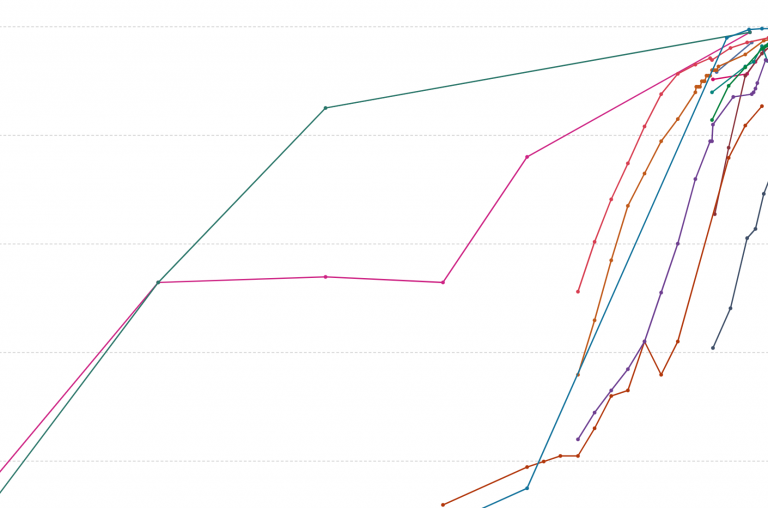This thread may have a short shelf life, but we might get some interesting posts out of it so here goes..
I bought a four volume world history from the 19th century recently, and it got me thinking about books as past-time, point of study, thing people do etc. Today people largely take them for granted, but before the twentieth century books were one of few ways to know about the world and actually gather interesting information. You'd be home, reading from a set of books under oil-lamp, or candle-light - you can't just Google.
A few short, thoughts:
- The invent of the printing press made books absolutely ubiquitous compared the period before the press. Now books are a common, mundane part of our lives, but it wasn't always this way. Many professional positions are largely possible due to their existence
- Do people read less now? Do people buy fewer books now than in the past? It seems like they have stiffer competition, but I wonder what the stats say
- Why, with so much information readily available today, even outside of books / on the internet, are so few of us interested in that information?
- Before the invent of the printing press, which types of information predominated? What kind of information did people want to save for posterity?
I may take a stab at some of these questions, but I'll leave this thread here for now.
Missed this thread when you first posted it, so I hope you don't mind my belatedly reviving it. It's an interesting topic though, and one that I think about often. I was born at exactly the right moment to witness the transition from the analog to the digital world, to the point of needing library card catalogs when I first started collegiate studies but needing to dust them off only every so often working at the library as a grad student, because they had by then become obsolete. I think we forget sometimes that the adoption of the internet was a thing which happened in stages, however quickly they cycled; some kinds of knowledge transferred faster than others. All things considered, I think we've benefited from the digitalization of books more than we've been harmed, and I say that despite being a concerted bibliophile. I love printed books as objects, but a lot of the flaws people complain about with respect to the internet - it's as easy to find bad information as good, or mask pretense as authority, or that it can radicalize ideological partisans- were also true of traditional books to a large degree. If anything has died that was worth saving, it was the idea of
curated collections of books. Ultimately, a librarian or bookseller used to have the power to enact quality control over the collection if they had the time and education to know how to do it. But, what can you do? Others would call that censorship, and did, and still do. By democratizing knowledge, the internet book market was fulfilling an unmet demand, and any economist could have told you what was about to happen.
And in the end, are we truly behind? I remember what it was like when if you were curious about ocean sponges, you went to the library and borrowed their only book on sponges, which was written in 1958 by a committed genetics skeptic (inspired by a true story). You may come up with a lot of crazy stuff searching for sponge information on the internet, but you will eventually come up with a
lot of information, and not be over-reliant on what happened to be locally available.
Do people read less books? I think so, but there are a lot of reasons for that. They may actually read
more, if you count people's phone reading habits as reading in the aggregate rather than specifiying full books. But it's getting harder and harder for most people to sit down and read an entire paper book or newspaper, especially if they're young and wrapped up in the newly 24 hour labor market. Many have come to prefer audiobooks or podcasts, simply because they allow for multitasking. This is not quality reading, but I think it has probably increased access to information as a general rule.
I will always love printed books, and they will always be my favored form of both recreation and decoration. But I'm capable of looking back and seeing that their 1500 some years of nigh unquestioned social dominance had both pros and cons, just like any other technology. Codices themselves encouraged lazier reading than their predecessor technology the scroll, after all. It's always ups and downs, but if new technologies lacked utility altogether, collective decision-making would be sufficient to prevent their proliferation. I think printed books are retreating to a smaller corner of the world of information technology, not disappearing altogether. But if they were to disappear, it would be an indicator that replacement technologies had ultimately promised people more in terms of what they need in their historical moment.
You mention the period before the printing press, and one thing that I think is important to remember is that books (1) had to be actively recopied in order to survive the ravages of time, which (2) meant someone in authority needed to specifically sanction their survival, and (3) their odds were better if there were many copies in circulation when they first started to be distributed, a rarer circumstance in those days due to the labor invovled in production. People often make the mistake of supposing that the books and letters we have from antiquity are something like a random sample, when they are of course anything but. If we possess anything from before the previous millenium, the odds are very strong that it was at one time a "standard reference text" for a religious order of some kind, because there are precious few other reasons why something would have been preserved. Our earliest linguistic works are studies of the Vedas. Our earliest works of Western philosophy are the stepping stones on the well-ordered reading list of the late Roman era Neoplatonist pedagogue, which then became the standard reading of the Augustinian monk. A startlingly large amount of the Mediterranean science and mathematics ouvre rescued from the fall of Rome, we possess because mainly it caught the attention of Sufi scholars trying to synthesize Hellenistic
falafsa with Semitic mysticism.
Printed books decay, too, of course. But the publication of
thousands rather than dozens of copies of popular titles made it incredibly more likely that the contents of any particular book would survive over time. Another change that appeared not long after the printing press were the ancestral predecessors of copyright. The idea of an exclusive
legal right to copy took a while to simmer (nearly three centuries) but from the second book production moved from the monastery to the private press, it gave companies an inherent interest in holding on to popular titles so they could reprint them if there was a market to do so, rather than because (for instance) just because the abbot thought it was a good idea. So the press was also democratizing.


